The Challenger
Powerful, dominating, self-confident, decisive, willful, confrontational
Desire
To protect themselves, to determine their own course in life
Fear
Of being harmed or controlled by others, of violation
Superego Message
“You are good or okay if you are strong and in control of your situation.”

The Peacemaker
Easygoing, self-effacing, receptive, reassuring, agreeable, complacent
Desire
To maintain their inner stability and peace of mind
Fear
Of loss and separation; of annihilation
Superego Message
“You are good or okay as long as those around you are good or okay.”

The Reformer
Rational, idealistic, principled, purposeful, self-controlled, perfectionistic
Desire
To be good, virtuous, in balance - to have integrity
Fear
Of being “bad,” defective, evil, corrupt
Superego Message
“You are good or okay if you do what is right.”

The Helper
Caring, interpersonal, generous, demonstrative, people-pleasing, possessive
Desire
To feel loved
Fear
Of being unloved and unwanted for themselves alone
Superego Message
“You are good or okay if you are loved by others and are close to them.”

The Achiever
Success-oriented, pragmatic, adaptable, excelling, driven, image-conscious
Desire
To feel worthwhile, accepted, and desirable
Fear
Of being worthless, without value apart from their achievements
Superego Message
“You are good or okay as long as you are successful and others think well of you.”

The Individualist
Sensitive, withdrawn, expressive, dramatic, self-absorbed, temperamental
Desire
To find themselves and their significance, to create an identity out of their inner experience
Fear
Of having no identity, no personal significance
Superego Message
“You are good or okay if you are true to yourself.”

The Investigator
Intense, cerebral, perceptive, innovative, secretive, isolated
Desire
To be capable and competent
Fear
Of being helpless, useless, incapable (overwhelmed)
Superego Message
“You are good or okay if you have mastered something.”

The Loyalist
Committed, security-oriented, engaging, responsible, anxious, suspicious
Desire
To find security and support
Fear
Of having no support and guidance, of being unable to survive on their own
Superego Message
“You are good or okay if you do what is expected of you.”

The Enthusiast
Busy, fun-loving, spontaneous, versatile, acquisitive, scattered
Desire
To be happy, satisfied, to find fulfillment
Fear
Of being deprived and trapped in pain
Superego Message
“You are good or okay if you get what you need”
Sp
Self-Preservation
The search for survival
Focus
Self, my world
Desire
Security, safety, well-being, food, comfort, conservation
Fear
Poverty, illness, endangerment, loss, annihilation, suspense
So
Social
The search for community
Focus
Others, our greater world
Desire
Social acceptance, people, recognition, popularity, honor, status
Fear
Loneliness, isolation, failure, outcast, inferiority, low ranking
Sx
Sexual
The search for intimacy
Focus
Beloved, our intimate world
Desire
Pair bonding, affinity, closeness, wholeness, attractiveness, "the other half"
Fear
Unworthiness, letting go, disconnection, incompleteness, loss of appeal, invalidation












